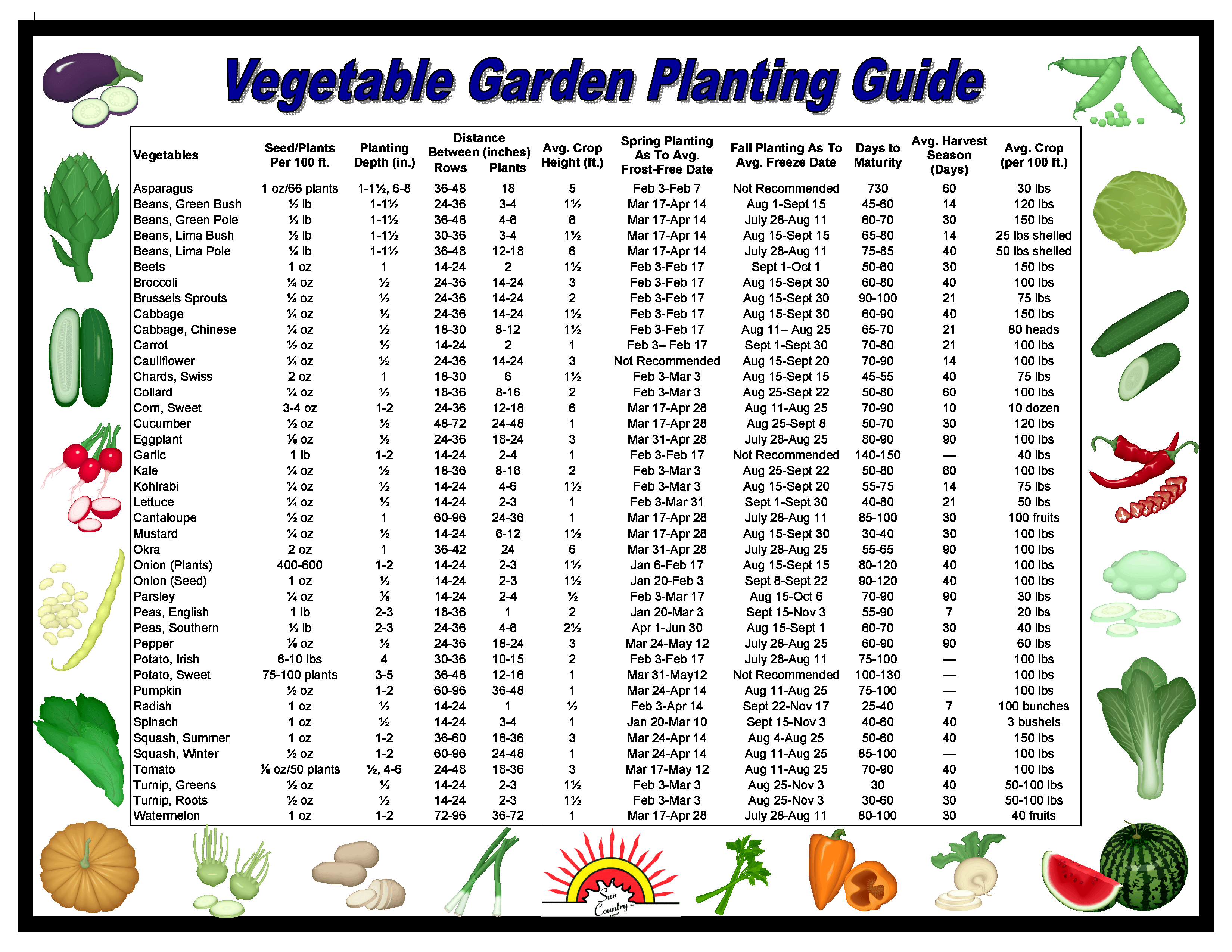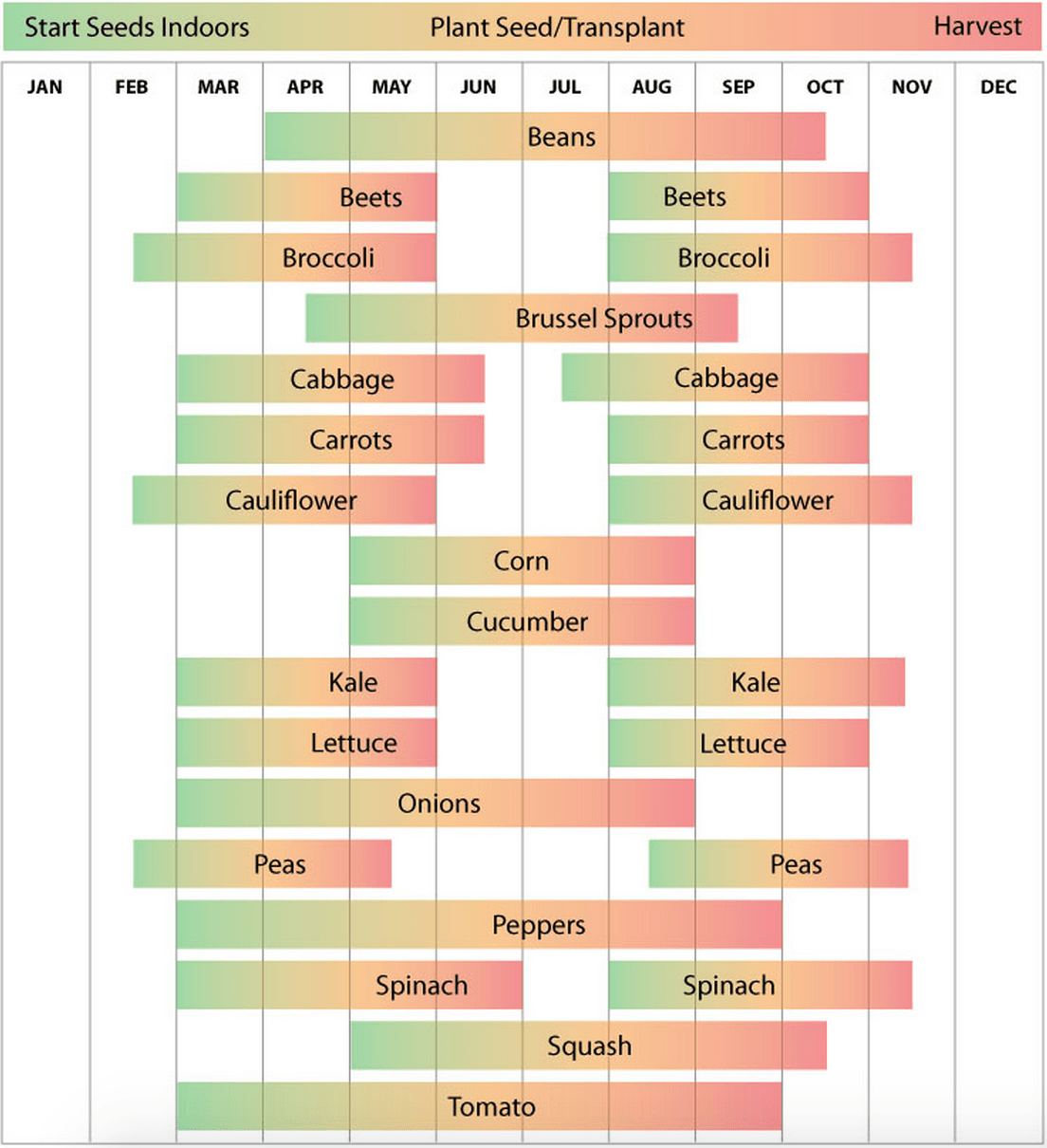Forget Pumpkin Spice: Your Fall Garden is Where It's At
Is your summer garden winding down? Don’t despair. Fall planting offers a whole new world of delicious possibilities. Forget the pumpkin spice latte; the real action is in your backyard. Autumn’s cooler temperatures are ideal for a surprising array of vegetables. This isn't just about extending your harvest; it's about a whole new season of flavor.
Fall is not just for harvesting the last of your summer crops. It's actually the perfect time to get a head start on next year’s bounty by planting a selection of cold-hardy vegetables. This practice not only provides you with fresh produce throughout the fall and even into winter in some regions, but also improves soil health and reduces weed growth. Fall vegetable gardening is a smart and rewarding way to make the most of your garden space.
Historically, fall planting has been a crucial part of agricultural cycles in many cultures. Long before grocery stores, extending the harvest into the colder months was essential for survival. This practice is deeply intertwined with traditions of preserving food for the lean winter months, pickling, canning, and storing root vegetables in cellars. Fall planting wasn't just about fresh food; it was about sustenance and community resilience.
Choosing what to plant in the fall depends heavily on your local climate. A quick Google search of "first frost date" will tell you when to expect the first freeze in your area. This information is crucial for planning your fall garden, as some vegetables can tolerate a light frost, while others need to be harvested before the temperatures dip too low. Understanding your local climate is the foundation for successful autumn gardening.
One of the key issues with fall gardening is timing. Planting too early can lead to bolting, where plants prematurely produce seeds, while planting too late may not give your vegetables enough time to mature before the first frost. Knowing your area's first expected frost date is essential for planning your planting schedule. Also, remember that cooler temperatures slow down plant growth, so some vegetables may take longer to mature than they would in the spring.
For instance, leafy greens like spinach and lettuce thrive in cooler temperatures. Root crops, such as carrots and radishes, can be planted later in the season and often taste sweeter after a light frost. You can even plant fast-maturing crops like peas and turnips for a late-season harvest. Extending the growing season isn't difficult; it just requires a bit of planning.
There are several advantages to fall gardening. First, cooler temperatures are less stressful on plants, which can lead to higher yields. Second, many fall-planted crops, like kale and Brussels sprouts, actually develop a sweeter flavor after a light frost. Third, fall gardening often means fewer pests to contend with.
Here’s a simple action plan: First, determine your first frost date. Next, choose the right vegetables for your climate. Prepare your garden beds by amending the soil with compost or other organic matter. Finally, plant your seeds or seedlings according to package directions. Simple, right?
Advantages and Disadvantages of Fall Planting
| Advantages | Disadvantages |
|---|---|
| Cooler temperatures reduce plant stress | Shorter growing season |
| Improved flavor in some crops after a light frost | Potential for early frost damage |
| Fewer pests and diseases | Requires careful timing and planning |
Best Practices:
1. Soil preparation: Amend your soil with compost for optimal nutrient levels.
2. Timing: Plant according to your first frost date.
3. Watering: Water deeply but less frequently than in summer.
4. Protection: Use row covers to protect against frost.
5. Pest control: Monitor for pests and take appropriate action.
Real Examples:
1. Planting spinach in early fall for a late-season harvest.
2. Growing carrots and beets for winter storage.
3. Sowing lettuce seeds every few weeks for a continuous supply.
4. Cultivating kale and collard greens that thrive in cooler weather.
5. Growing garlic for harvest the following summer.
Challenges and Solutions:
1. Early frost: Use row covers or cloches for protection.
2. Pests: Employ organic pest control methods.
3. Slow growth: Choose fast-maturing varieties.
4. Poor drainage: Amend soil with organic matter.
5. Lack of sunlight: Select a sunny location.
Frequently Asked Questions:
1. When should I plant fall vegetables? Depends on your first frost date.
2. What vegetables grow well in fall? Leafy greens, root crops, and some brassicas.
3. How do I protect my plants from frost? Row covers, cloches, or cold frames.
4. Do I need to water as much in the fall? Less frequently, but deeply.
5. Can I grow vegetables in containers in the fall? Yes, choose appropriate sizes.
6. How do I prepare my garden for fall planting? Amend soil with compost and remove debris.
7. What are some good companion plants for fall vegetables? Try planting garlic near your leafy greens to deter pests.
8. Can I start seeds indoors for fall planting? Yes, for a head start.
Tips and Tricks:
Succession planting is your friend. Sow seeds every few weeks to ensure a continuous harvest.
Fall vegetable gardening offers a unique opportunity to extend the growing season and enjoy fresh, flavorful produce well into the colder months. From vibrant leafy greens to hearty root crops, the options are abundant. By understanding your local climate, selecting the right vegetables, and implementing proper gardening techniques, you can successfully cultivate a thriving fall garden. The benefits of fall gardening are plentiful, including reduced plant stress, enhanced flavors, and fewer pests. By following the outlined tips and addressing potential challenges, you can unlock the full potential of your garden, even as the days grow shorter. So, embrace the crisp autumn air and get your hands dirty – your taste buds will thank you later. Take advantage of the cooler weather, experiment with different varieties, and savor the rewards of your autumn harvest. Your fall garden is a testament to the enduring power of nature and a delicious reminder that even as summer fades, life, and flavor, continue to flourish.
Small bathroom tub to shower remodel big ideas for tiny spaces
Unlocking victory drafting the best fantasy football defense
Unlocking communication exploring the world of american sign language resources














